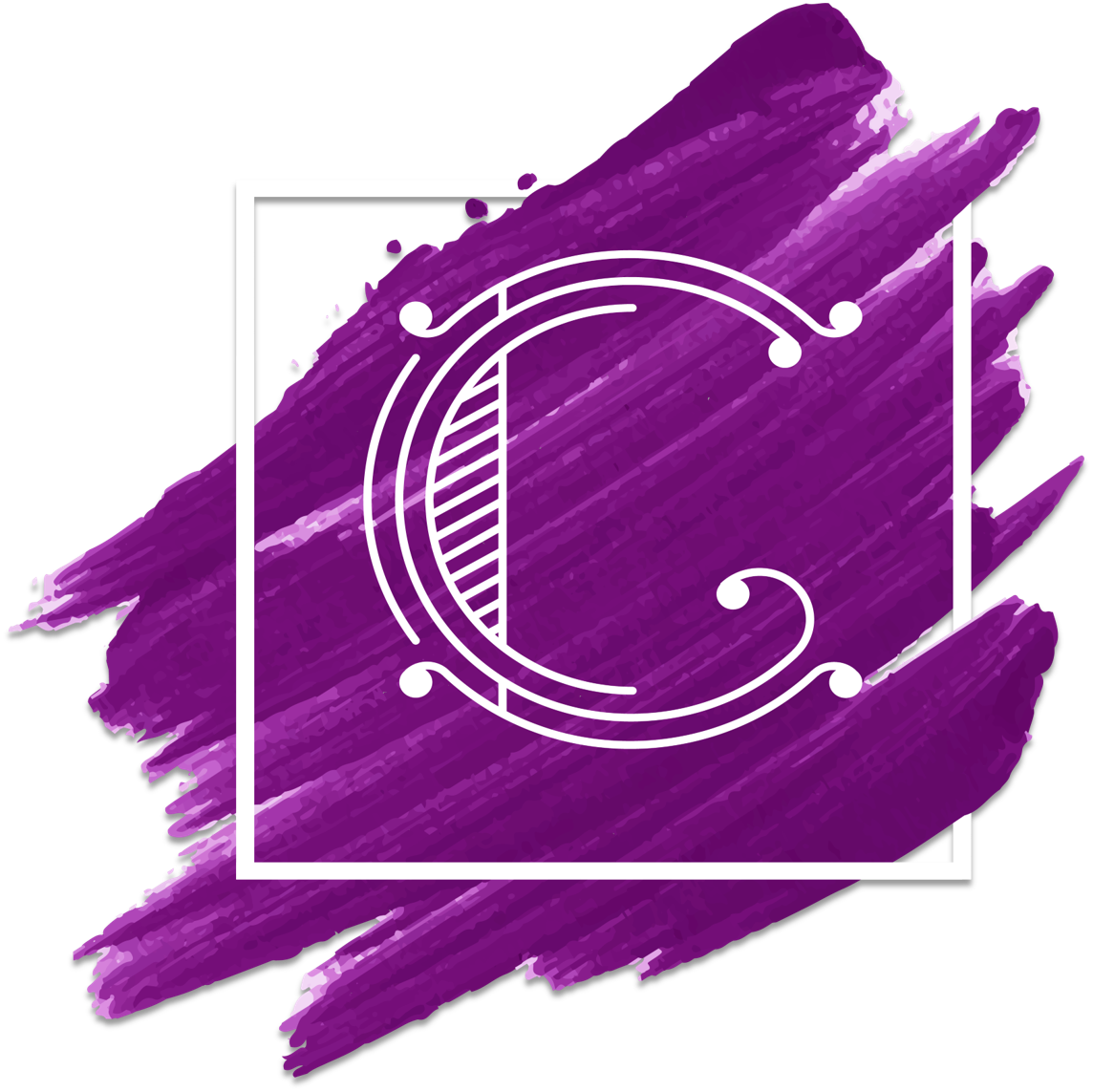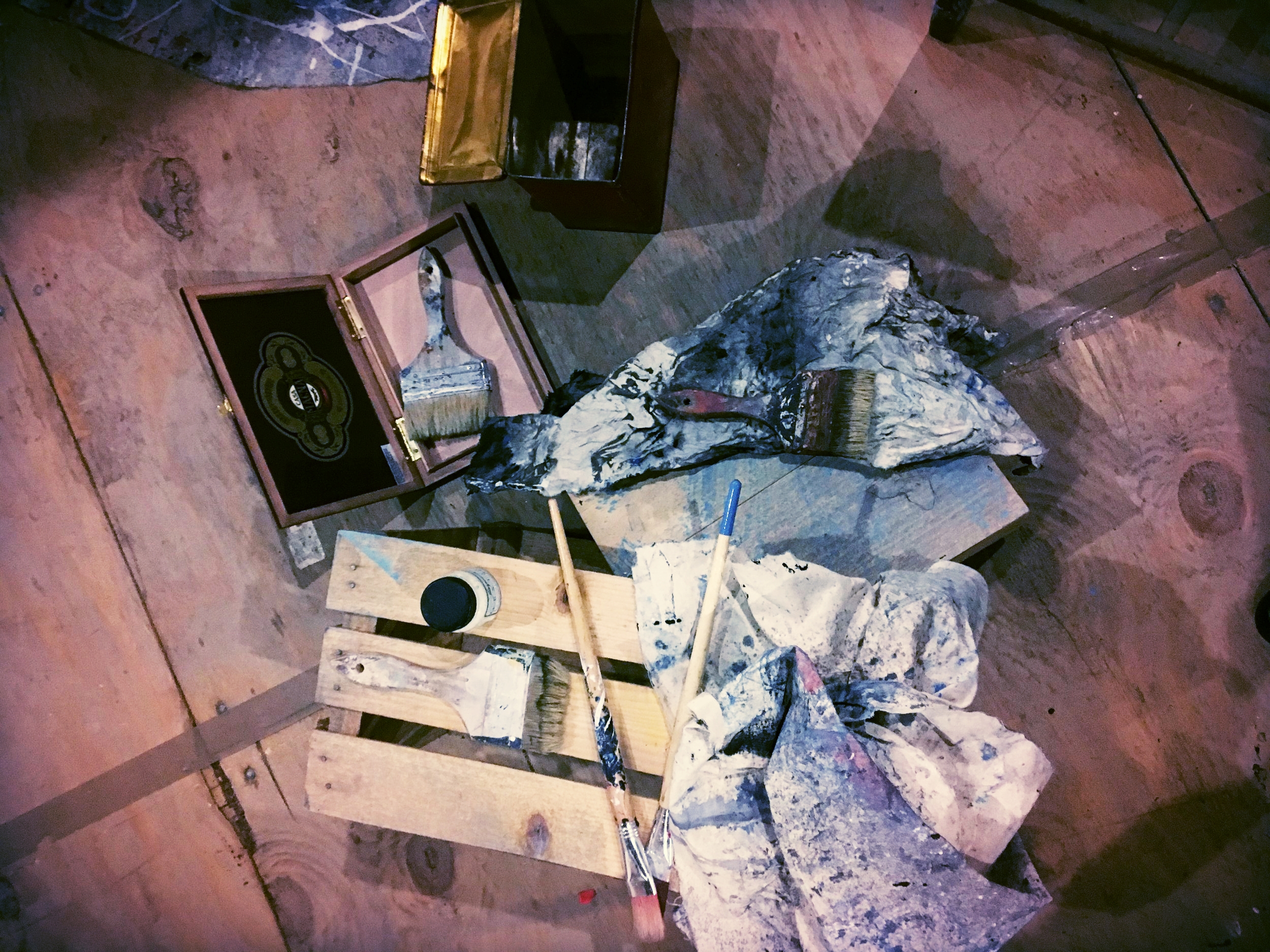Actor and multi-skilled creative Walter F. Rodriguez is originating the role of Picabia in the world premiere of TABULA RASA, a new jazz opera by Felix Jarrar & Bea Goodwin that tells the feminist story of Kiki de Montparnasse, one of the most iconic women of 1920s Paris. Walter shares his about the importance of creating new works, his perspective on life and the arts, and pulling pranks.
May 4, 5, 11, and 12th @ 8pm
Blue Building
222 E 46th St., NYC
Tell us a little bit about yourself!
I’m a classically trained actor, writer, photographer, and visual artist. It’s a bit of a mouthful, so when people ask and when I’m trying to conserve space on my business card, I just say I’m a creative. Among other things, I’ve performed off-Broadway and at regional theatres across the country, worked for The Onion on their TV shows, photographed book covers for publishers like MacMillan Publishing and done editorial/fashion spreads for design houses like Armani and Journelle. But, that’s just the boring, resume stuff.
I was born in Puerto Rico and split my time growing up between there and Northern New Jersey. The strong ties to Puerto Rico and its culture fostered in me a love for the ocean and beaches, nature, music, great food, poetry, and romance, while my time in Jersey made me appreciate the mountains, forests, and good bagels.
Artwork by Walter F. Rodriguez
All of the characters in Tabula Rasa are based on actual historical figures. What did you know about your character prior to working on Tabula Rasa, and how did you go about preparing the role?
I play Francis Picabia in Tabula Rasa and, before being cast in the role, I’d only seen a handful of his paintings, all from his Dada days. I hadn’t really been as interested in his work back then because the few pieces I’d seen were all very deliberately mechanical, something that doesn’t appeal much to my personal tastes. But when (Tabula Librettist and Stage Director) Bea Goodwin told me that she had originally thought of having me play Picasso but changed her mind and decided on Picabia instead because he made her think of me, I did a deep dive into who he was and began to examine more of his work.
Francis Picabia, photograph published in Les Peintres Cubistes, 1913.
What I found astounded me because it seems like he and I really are kindred spirits. My personal philosophy is that, if we only have one life, why spend it trying to only be or do one thing? Picabia seemed to feel the same way, moving from art style to art style deftly, like a chameleon, and leaving his mark behind in each one. He was a Cubist, and Impressionist, a Dadaist, and more. He made films, he wrote, he gave speeches – it was if he’d been trying to explore the furthest bounds of his imagination in a very similar way to my own.
What are some of the rewards of working on a new work? What are the challenges?
New work is actually what I’ve chosen to specialize in as an actor and have been doing almost exclusively new shows for the past eight years or so. The biggest reward for me is being in the room with the creators of the work; being able to talk to them, ask questions, and get a feel for what their intentions were with different sections and lines is wonderful.
As far as challenges, I’ve never found a downside to it as a performer, though I know that producers usually have a much tougher time getting audiences to see new work than they would an established work, because people tend to gravitate towards shows they know and like rather than risk spending money on a show they don’t know. This means that many production companies end up doing established work and it makes it much harder for up and coming creators to get their work produced. It’s why companies like Cantanti are so necessary.
What is one piece of advice you'd give to someone who is about to dive into the world of creating new works?
Photo credit: Joyce Yin
The most important thing I've found in creating new works is not to bring your own preconceptions and prejudices to a new work. When revolutionary artists have created entirely new styles, the art establishment has chafed because they were viewing them through the prism of what had come before.
Man Ray was called a charlatan and reviewers said he was ruining the art of painting with his mechanical approach. Similar things were said about Picasso, e.e. cummings, and John Cage. And yet, these are people whose names have lived on and who's work survives all the critics that derided their work and approaches.
What I've found is that approaching the new and unfamiliar from a neutral place, as a tabula rasa, helps to understand it and to see its merits. It is the only way to understand the choices the artist is making and that, in turn, helps you appreciate the work for what it is, not what you think it should be.
What is your greatest non-artistic achievement?
Having somehow found such a fantastic group of friends to surround myself with. In any career, but I think especially in the arts, having people you can lean on, share your victories and struggles with, and use as a sounding board is so important and I’m forever grateful to all of them and to my family for being in my life.
Name a trashy TV show you secretly love.
I don’t watch much TV just cause I don’t have much time for it, so sadly, I think the closest I come to trashy TV is just sitcoms. Out of those though, The Office is my absolute favorite. I am Jim, looking for my Pam.
Photo credit: Joyce Yin
In the spirit of Jim and The Office, what's the best practical joke you've ever pulled on a friend (or a frenemy)?
Ah, pranks! The best practical joke I ever pulled on a friend was back in college. I knew someone who was looking for a cashier to work at their shop part-time and I had a friend who'd been looking for a job and who would be a great fit at the store. So, I had a talk with the store owner about my friend and convinced him to play along with pulling a prank on my friend and he agreed.
My buddy came in for an interview and the store owner told him he was hired on the spot, he just had to fill out some paperwork. He slid a pen across the desk to him and gave him four or five pages of pretty arduous paperwork to fill out, the kind that gives you nightmares filled with never-ending blanks. My friend worked on it for about twenty minutes and turned it in. Then, as he was walking out (where I was waiting for him in the store), the business owner stopped him and held up the paperwork. "Hey, I needed you to fill these out. What happened?" My friend turned around to see the paperwork, which he'd just filled out, completely blank. His face was a mask of utter surprise and he blurted out something about having just done it and he didn't know what happened.
The store owner asked him to please fill it out, as he needed the information for his records and handed him the papers and the pen. My friend asked if I'd please wait a little longer and I agreed.
Back to the office he went and he redid all the forms, he double-checked them and gave them to the store owner, and, again, as he was walking away, the owner asked why he hadn't filled out the paperwork. My friend was perplexed and angry as he grabbed the paperwork and stared at it, completely blank where he'd just filled it out.
At this point, the store owner lost it and began to laugh and I joined in. We'd made sure he was using a pen that contained disappearing ink...
Needless to say, my friend was not amused, at least not at first, but I was! Now he tells the story all the time and laughs about it.
Photo credit: Joyce Yin
In one sentence, why do you hope people come to see Tabula Rasa?
Tabula Rasa is all about discovering the value in the odd, the weird, and the underappreciated and I hope that, by watching the show, people can begin to see just how special and important the people and things we undervalue are.







